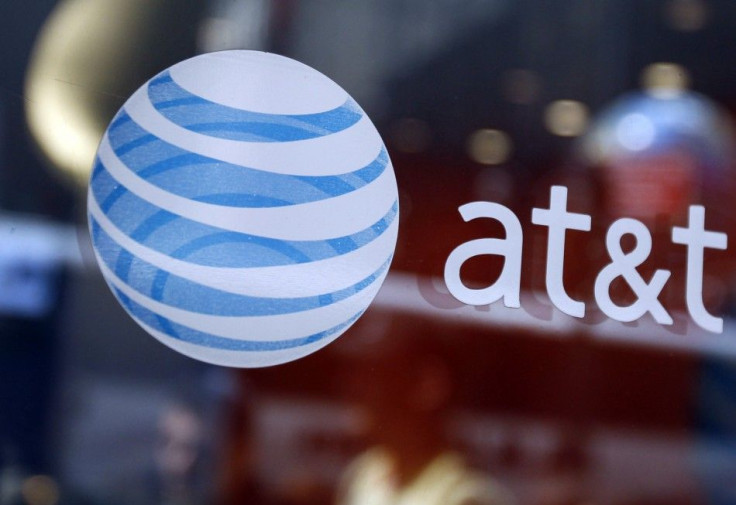AT&T buys T-Mobile: What Does It Mean For Consumers?

AT&T just announced that it will buy T-Mobile USA from German company Deutsche Telekom for $39 billion. By doing so, AT&T will become the largest US wireless network.
Moreover, there will just be two other US networks left: Verizon, which would be slightly smaller than AT&T, and Sprint, a distant third.
T-Mobile immediately published a Q&A that assured customers that in the short-term, there will be no changes or inconveniences; billing will not switch to AT&T, T-Mobile will honor existing contracts, and T-Mobile devices will continue to work without hassle.
Moreover, the purchase will not be finalized until about 12 months later and whatever changes there will be won’t happen until then.
This was expected from T-Mobile and AT&T; when major corporations merge, they are usually intelligent enough to not anger customers with unnecessary short-term hassles.
However, plenty of concerns have already poured out regarding the long-term implications of T-Mobile's acquisition for T-Mobile subscribers and all US cell phone users.
The principle is simple: less competition is generally good for companies and bad for consumers.
Before T-Mobile was purchased, it was a feisty competitor that chumped on the heels of AT&T and Verizon.
According to Casey Chan of Gizmodo, T-Mobile competed by:
-offering cheap plans
-offering their Fav 5 plan
-offering good customer service
-taking chances on unproven devices (Chan pointed out that it was T-Mobile that first introduced the “Android to the masses in the T-Mobile G1”)
As a result of T-Mobile’s aggressive tactics, Verizon and AT&T were forced to match T-Mobile in some of these areas in order to defend their market share.
The winner of this ongoing competition was the consumer.
However, now that T-Mobile has been purchased, US networks no longer have to compete so hard on prices. Moreover, they’re less likely to take risk and innovate; they want to keep the market dynamic just the way it is.
On the implication of this acquisition, T-Mobile and AT&T emphasized that with their combined networks and spectrum, they will be able to provide better voice and data service for customers with their increased coverage and economies of scale.
This is true, especially for rural customers, according to Forrester Research analyst Charles Golvin.
However, because competition is less fierce, this increased efficiency and capability will likely benefit AT&T/T-Mobile more than the consumers.
Another important implication of this deal is the iPhone.
T-Mobile stated that in the near-term, their customers won’t be able to have access the iPhone.
In the long-term, though, they’re expected to.
Daniel Eran Dilger of AppleInsider pointed out that T-Mobile by itself had no chance of carrying the iPhone in the US market, citing comments by Deutsche Telekom CEO René Obermann, so being acquired by AT&T was perhaps one of the only ways to make the iPhone available to T-Mobile subscribers.
However, current T-Mobile subscribers knew they wouldn’t have access to the iPhone, nor did they expect to gain access anytime soon; they signed up for T-Mobile for the reasons Chan mentioned.
Therefore, if these merits of T-Mobile erode in the long-term under the ownership of AT&T, as Chan predicts, T-Mobile and most US cell phone users will end up being the losers in this deal.
© Copyright IBTimes 2024. All rights reserved.





















